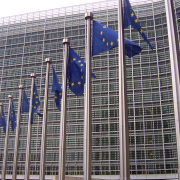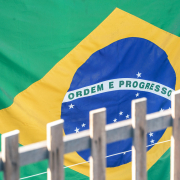As reported by the Associated Press, France’s pesticide ban applies to all public parks, gardens and forests including famed Parisian green spaces like Jardin des Tuileries, Bois de Vincennes and Jardin de Luxembourg. For now, pesticides can still be freely used — but one would hope in respectful moderation — at French cemeteries. The manicured turf found at sports stadiums is also off the hook and can continue to be treated with pesticides.
In 2019, the law will expand from public green spaces to private gardens when the over-the-counter sale of pesticides to non-professionals becomes a thing of the past. While private residential green spaces are generally more compact than their public brethren, instances of abuse and misuse of pesticides by amateur gardeners is common. In other words, pesticide use in modest backyard gardens can be just as high extensive as in large municipal parks and, in turn, pose just as high — or even higher —of risk to birds, bees and other beneficial critters.
Last spring, France’s National Assembly voted to usher in a controversial bill calling for an outright ban on neonicotinoid-based pesticides. Although experts have linked neonicotinoids to large-scale bee die-offs in Europe and beyond, opponents of the widespread ban warn that such extensive limitations would ultimately be detrimental to the livelihood of French farmers.
France, by the way, is the second largest user of pesticides in Europe, second only to Spain. A significant amount of chemical pesticides are applied to vineyards in the country’s famed wine-producing regions, although the market for wine produced sans pesticides is growing steadily.
Source: Agropages


